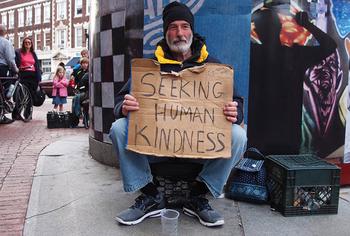Race, Gender, and Authenticity: Reflections on Rachel Dolezal and Caitlyn Jenner
The concept of authenticity has been receiving a lot of attention in the past few weeks due to two high profile cases. First, Caitlyn Jenner, a former Olympic gold medallist and TV personality who was until recently known as “Bruce”, debuted her new name and identity in an interview with the magazine Vanity Fair. Second, it was reported that Rachel Dolezal, the Spokane NAACP president, was allegedly born a white woman, and has been deceptively representing herself as a black woman.
The latter case has sparked a great deal of controversy that I do not intend to fully address here. Furthermore, although some commentators have drawn all things considered likewise comparisons between the two cases, it seems clear that Dolezal’s case involves a range of separate issues, which make an all things considered likewise comparison inappropriate; again, I do not intend to make such a comparison here. Rather, in this post, I shall explore one particular theme that has emerged in many discussions of these cases, namely the language of authenticity.Read More »Race, Gender, and Authenticity: Reflections on Rachel Dolezal and Caitlyn Jenner



 It has now been almost two years since Snowden. It’s time for us to admit this has little to do with privacy. Global surveillance is not global only because it targets people all over the world. Global surveillance is done for and against global interests. Privacy, by contrast, is an individual right. It’s simply the wrong description level. This is not about your internet history or private phone calls, even if the media and Snowden wish it were.
It has now been almost two years since Snowden. It’s time for us to admit this has little to do with privacy. Global surveillance is not global only because it targets people all over the world. Global surveillance is done for and against global interests. Privacy, by contrast, is an individual right. It’s simply the wrong description level. This is not about your internet history or private phone calls, even if the media and Snowden wish it were.